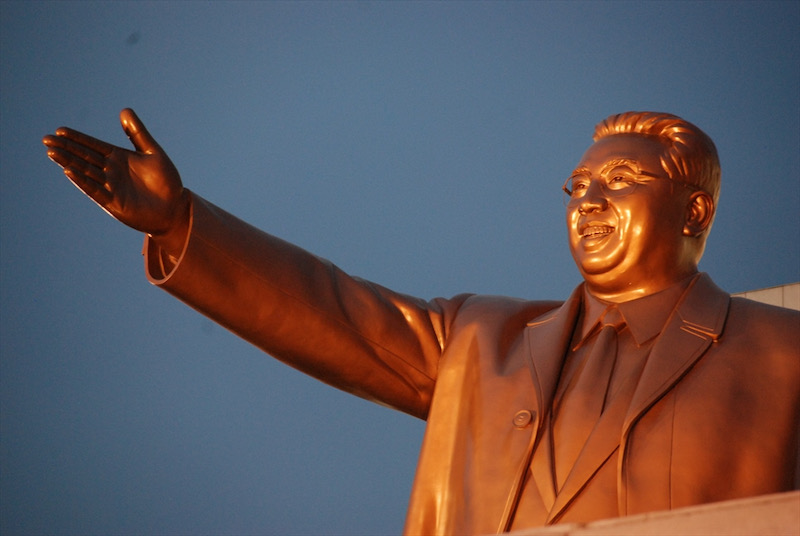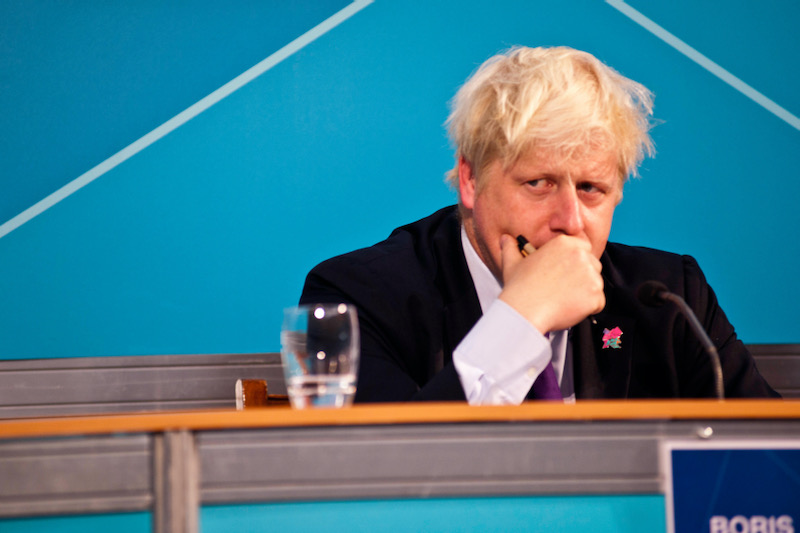What keeps Boris Johnson awake? What disturbs his dreams at midnight? I imagine two dates continue to haunt him in the dead of night. One must be 1945, the year Winston Churchill, his hero and model, expected a glorious re-election after the defeat of the Germany. He learnt the cruellest lesson in politics – that there are no votes in gratitude, no thanks-yous via the ballot box. He was heavily defeated by Labour’s Clement Attlee, the very antithesis of a populist. So can Boris count on a grateful nation to return him to power, after his Government’s glorious defeat, as it were, of that modern mortal enemy, the coronavirus? Or not?
The other date must be 1982, the year Margaret Thatcher sent an amphibious task force to the South Atlantic to defeat the Argentines and liberate the Falklands. Up to that point her Government, bewitched by a dry-as-dust political theory called monetarism, was suffering badly in the polls. In the House of Commons debate after the Argentine invasion, it was the Opposition leader Michael Foot who “spoke for England” when he accused her of betraying the islanders by announcing her intention to withdraw the only British warship in the vicinity, HMS Endurance. Thatcher was saved by the Royal Navy, and a surge in popular approval carried her through to two further victories in general elections.
She may have been grateful to the Navy, but it wasn’t grateful to her. During the early stages of the St Paul’s Cathedral victory celebration service, preceded by a military parade, the invited congregation was asked to stand out of respect as various processions of dignitaries walked to the front to take their seats. As the prime minister and her party solemnly approached, one group conspicuously remained seated. It consisted of mothers with young children. A pompous brigadier, jangling with medals, demanded to know of the naval petty officer standing nearby why this group had failed to rise to their feet.
“They’re Royal Navy widows and orphans, sir,” he said. “They decided they would only stand for the Queen.” “Well, make them stand up,” said the brigadier. “You make them – sir,” replied the petty officer. The brigadier, realising he was defeated, quickly withdrew. The petty officer, from the RN welfare branch, later told me over a pint (I attended the event to report it and went to the pub afterwards, as one does) that the Royal Navy resented the way Thatcher claimed their victory as hers, in what was, in any case, a rather preposterous little war that cost ships and lives – the lost husbands and fathers of the group that had failed to stand. But the navy was out of step with the public mood, which saw the Iron Lady as a welcome Boadicea who had vanquished the Roman Legions and made Britain Great Again. The British capacity for outbursts of irrational xenophobia should never be underestimated.
So, can Johnson look forward to post-Falkland type victory parade, as Margaret Thatcher did, or to the fate of Churchill, driven into six years of unhappy exile at Chartwell? Those same years marked the beginning of the end of the British Empire, which Churchill revered; there is a real prospect that Johnson’s years in office will see the end of the United Kingdom, as Scotland throws off the remaining vestiges of what it see as the yoke of English rule.
Northern Ireland’s place in the United Kingdom seems increasingly to depend on the maintenance of certain sectarian anti-Catholic fetishes concerning the Republic, which are outdated even if there ever was any validity in them. It world be a shrewd move by Dublin to take its empty seat round the Commonwealth table, which it never formally left; thus reassuring the Unionists that their identity is respected. Why should the Irish refuse to sit down with, say, Rwanda, Mozambique and Namibia, or India, Bangladesh and Sri Lanka? Are outdated Irish
anti-British fetishes still in play?
So if Irish history takes its natural course and Ireland becomes whole again; and if Scotland finally leaves despite Johnson’s desire to frustrate its wish to do so; where does that leave England? Despite its Welsh appendage, it almost certainly leaves England with a permanent Tory majority, unless Keir Starmer can lay hands on an unexpected box of political miracles.
But it is not inconceivable that Boris Johnson’s Government will self-destruct in the next two years, leaving Starmer as the only man still standing. And as the sharp stench of political sleaze begins to pollute the Westminster air, that prospect should be enough to keep any prime minister from sleeping soundly.



 Loading ...
Loading ...
What do you think?
You can post as a subscriber user ...
User comments (0)